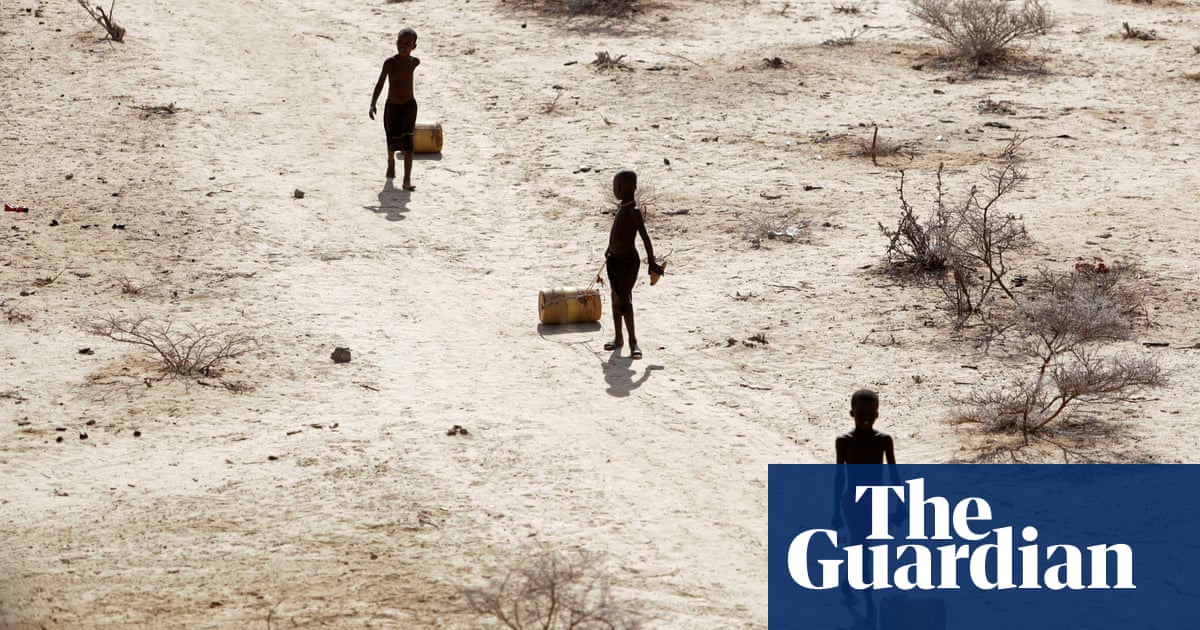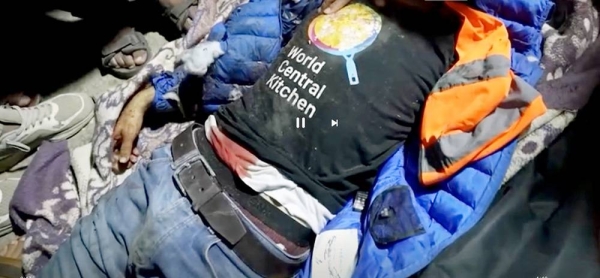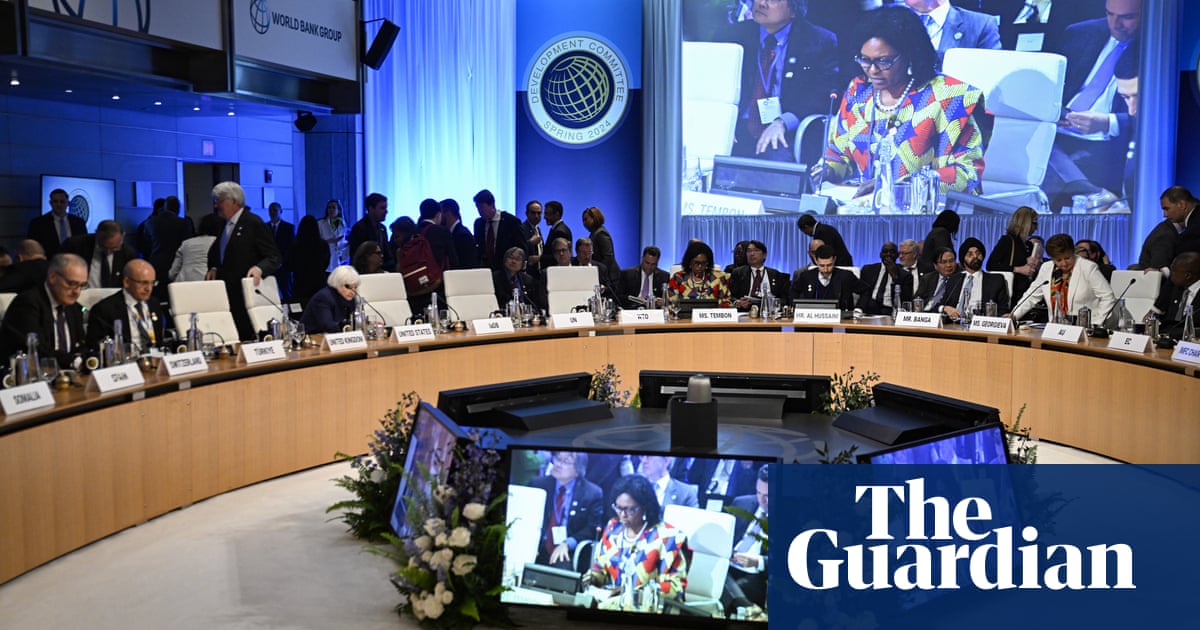
Calls for a comprehensive package of debt relief to help poor countries cope with the coronavirus pandemic have intensified after research showed that more than 60 countries are spending more on paying their creditors than they are on health.
Before a series of key meetings this week, the Jubilee Debt Campaign said it was vital to relieve the mounting financial pressure on poor countries by cancelling their debt payments this year.
The JDC said that among the 121 low and middle-income countries for which 2019 data was available an average of 10.7% of government revenue was spent on public health systems, compared with 12.2% on external debt payments.
Of the 121 countries, 64 were spending more on debt servicing than on public health. The JDC said there was already pressure on the budgets of poor countries even before the economic shock of Covid-19, which had led to falls in commodity prices, huge capital flight, an increase in future borrowing costs, and loss of income in other ways such as remittances.
Many African, Latin American and some Middle Eastern countries commonly pay more than 10% interest on their borrowings while richer nations can pay 1% or less.
Sarah-Jayne Clifton, thedirector of the JDC, said: “In the face of a medical emergency the scale of Covid-19, it is indefensible that poor countries are having to spend more money on debt payments than on healthcare. Before this crisis hit, 64 poorer countries were already spending more on external debt payments than on their public health systems.
“We need urgent action by the international community to cancel developing country 2020 debt payments. This is the fastest way to help provide the financing that is desperately needed to shore up public health systems in the face of this unprecedented global crisis.”
The 10 countries with the biggest difference between the proportion of government revenue spent on healthcare and external debt payments were Angola, Sri Lanka, Gambia, Republic of Congo, Ghana, Zambia, Laos, Lebanon, Pakistan and Cameroon. All spent more than 20% of government revenue on external debt payments in 2019.
Finance ministers will discuss debt relief at virtual meetings of the G20 group of leading developed and developing countries, the International Monetary Fund and the World Bank.
The most likely outcome is thought to be a suspension of debt payments to other governments this year for the 76 countries classified as low-income by the World Bank because they qualify for grants and soft loans under its International Development Association (IDA) facility.
There is, however, pressure from a 200-strong coalition of charities and campaign groups to include the IMF, the World Bank and private-sector creditors in any deal.
In 2020, the 76 IDA countries countries are due to spend at least $18.1bn (£14.2bn) on debt payments to other governments, $12.4bn to multilateral institutions and $10.1bn to external private creditors.
The IMF and the World Bank issued a joint statement last month calling on bilateral creditors to suspend debt payments from IDA countries this year. Both organisations fear that the twin impact of a simultaneous health and economic emergencies will put impossible financial pressures on poor countries and precipitate a new debt crisis.












